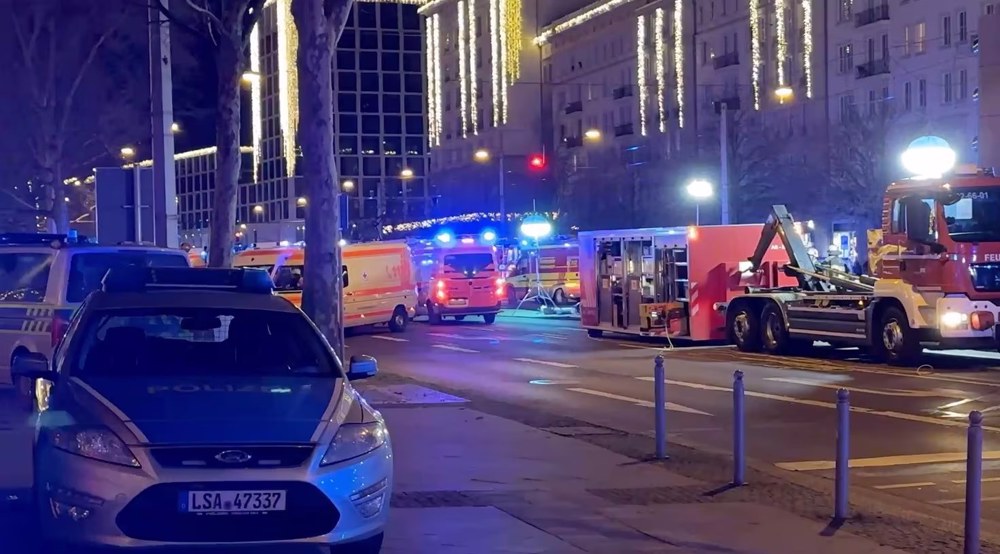German FM: Extending Russia bans to be more difficult than last year
German Foreign Minister Frank-Walter Steinmeier says extending sanctions against Russia has become more difficult due to growing opposition from some European Union member states.
In an interview with the Baltic News Service (BNS) released on Thursday, the German minister said an agreement on renewing sanctions against Moscow when the bans period runs out on July 31 could prove hard because of the growing resistance from some EU countries.
"We are aware that resistance in the EU to extending the sanctions towards Russia has increased," Steinmeier said, adding, "It will be more difficult than it was last year to find a common position on this issue."
Referring to the crisis in eastern Ukraine and the reunification of Crimea with the Russian Federation, the German foreign minister said Berlin wants to keep the sanctions until the Minsk peace accords between Russia and Ukraine are implemented. "One thing is for sure. We cannot ignore Russia's annexation of Crimea in violation of international law and the destabilization of eastern Ukraine."
Relations between Moscow and the EU strained after the union, along with the United States, imposed economic sanctions on Russia in July 2014.
The move was taken after Crimean Peninsula decided in a referendum in March the same year to join Russia. Nearly 97 percent of Crimean citizens voted in favor of the move.
Russia retaliated with sanctions of its own.
The Ukrainian government later engaged in a military crackdown in the eastern regions of Donetsk and Lugansk, where the ethnic Russian-speaking population had been staging pro-Russia demonstrations for some time.
The conflict in eastern Ukraine soon turned into a full-blown war. It has left over 9,300 people dead and over 21,000 others injured, according to the United Nations.
Russia and Ukraine, along with Germany and France, agreed to a truce deal for Ukraine in the Belarusian capital of Minsk in February 2015. The ceasefire agreement reduced hostilities in the eastern regions of Ukraine but sporadic fighting continues to occur.
Washington and its European allies have been accusing Moscow of having a hand in the conflict. Moscow denies the accusation.
Israeli strikes on north Gaza hospital ‘extremely dangerous, terrifying’: Director
VIDEO | Yemen targets Tel Aviv with Palestine 2 missiles
Pezeshkian: Iran resolved to complete North-South Transport Corridor
VIDEO | Iran-Syria: For Resistance
Qassam Brigades claims killing 3 Israeli troops in northern Gaza
More alive than ever: Sayyed Hassan Nasrallah's legacy grows stronger in martyrdom
Occupation of Syria’s highest peak Mount Hermon part of ‘Greater Israel’ project
Iran: Syrian people will decide their future without foreign interference















 This makes it easy to access the Press TV website
This makes it easy to access the Press TV website